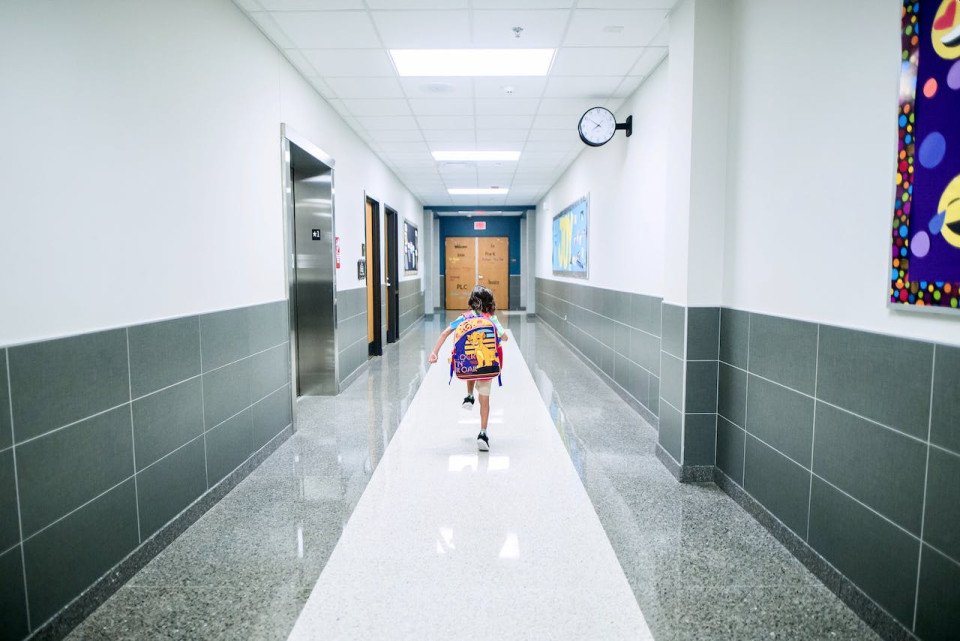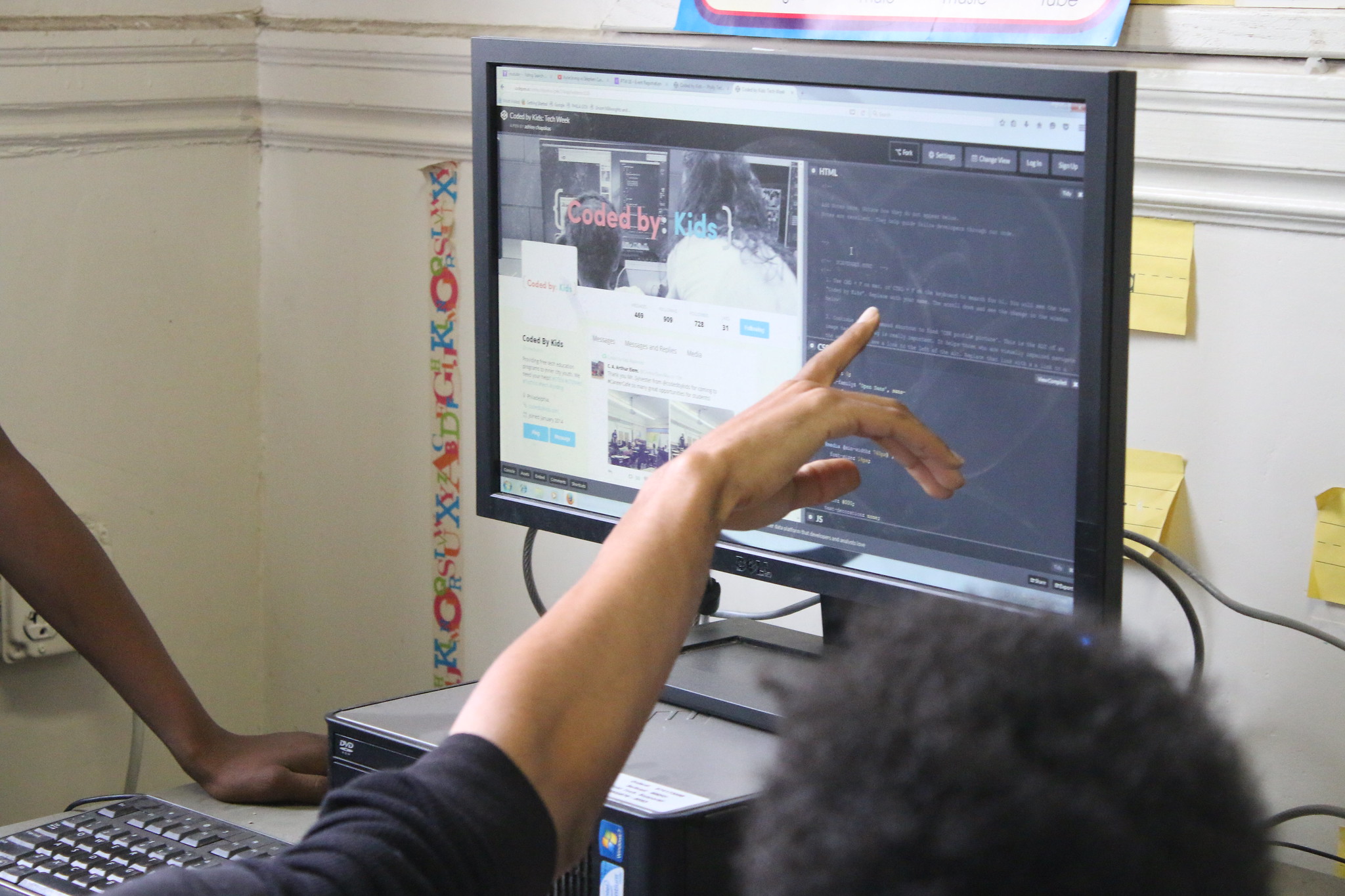3 Simple Ideas to Prepare Philly Kids For the Future
The city’s future depends on it.

Allan Domb shares three ideas Philly schools can enact now. / Photograph by Caleb Oquendo
We spend a lot of time talking about poverty in Philadelphia, as we should. For decades we’ve held the unfortunate title of being the poorest large city in the country.
While there are short-term steps we can take that would give people more opportunity and raise their standard of living — I wrote about one of them recently — the long-term solution to poverty really lies in education. We need to equip our young people with the skills they need to get good-paying jobs and, if they’re interested, become entrepreneurs.
Fortunately, there are proven strategies we can look to that will help us do exactly that. Here are three practical, straight-forward steps the School District of Philadelphia should adopt right now — steps that will give our young people in Philly schools modern-day skills that are just as fundamental as reading, writing and arithmetic.
Teach financial literacy K-thru-12.
When I was on City Council, I supported a program that allowed 178 Philadelphia public school teachers to take financial literacy courses offered by the Federal Reserve. The goal: to give them the knowledge they needed to teach financial literacy in the classroom.
Why is that so important? Because it’s hard to succeed in a world you don’t understand, and finances are key to how our current world works. Research shows that students who have access to financial education have better financial outcomes as adults, with a higher quality of life and less debt.
That’s why I believe that teaching financial literacy should be mandatory from kindergarten through 12th grade. Kids should master a wide array of financial concepts, from saving and budgeting to credit and investing. The savvier they are in those areas, the more capable they’ll be when it comes to taking control of their own financial futures.
Teach coding and entrepreneurship K-thru-12.

A Coded by Kids event at Cecil B. Moore Rec Center in 2016. Photograph by Samantha Madera for the City of Philadelphia / Photograph by Samantha Madera for the City of Philadelphia
Over the years I, along with lots of other business owners, have supported Coded by Kids, the great program started by Sylvester Mobley. For a decade CBK has not only taught under-represented high school kids the basics of coding; it’s also prepared them to take on leadership roles in the global tech economy. Most importantly, with its focus on entrepreneurship, it’s helped them understand how to build truly stable wealth for themselves and their communities. As CBK puts it, their mission is to “help parents and children completely reimagine what’s possible for the future.”
The School District of Philadelphia should embrace the path pioneered by Coded by Kids, making coding and entrepreneurship education mandatory from kindergarten through grade 12. Not only are coding skills a ticket to really good-paying jobs, but the focus on entrepreneurship — on understanding what it takes to build and operate a business, and why it has so many benefits — is crucial. Entrepreneurship is a game-changer in our low-income neighborhoods because it gives individuals the ability to own. I always say: you make a living working; you create wealth owning.
Give students in Philly schools real-world experience.
One other educational model we should be copying is the one embraced by the Cristo Rey schools — including Cristo Rey Philadelphia High School in North Philadelphia. In its program, students (most of whom are from low-income neighborhoods) spend four days a week in the classroom and one day a week working at one of Cristo Rey’s 95 corporate partners (which include major companies like Campbell’s, Comcast, Deloitte and Independence Blue Cross).
The work-study approach has multiple benefits. First, it helps kids develop skills that will allow them to land, and thrive in, future jobs. Second, it exposes them to careers that many of them might not even know existed. As the saying goes, you can’t be what you can’t see. Maybe most importantly, it lets kids believe in themselves. Many might show up at internships wondering if they belong, but by the end of their experience they know that they do.
Cristo Rey has had extraordinary results, with 100 percent of its students being admitted to college and many going on to elite universities like Penn, Cornell, Notre Dame, Villanova and Drexel.
It’s a model that works, and the Philadelphia school district should copy it. Will every kid end up at Penn or Cornell? No, but they’ll gain invaluable skills and real-world experience. And they’ll understand that they absolutely belong in this world.
As I say, shrinking our poverty rate — and improving the lives of average Philadelphians — is a long-term project. But we need to approach it with urgency. What if we’d enacted these ideas in Philly schools 15 years ago? We would have reduced poverty dramatically in our city. Education is the long-term fix.
Allan Domb served as an at-large member of Philadelphia City Council from 2016 to 2022. He will be contributing regular opinion columns to Philly Mag focused on big ideas for the city.


